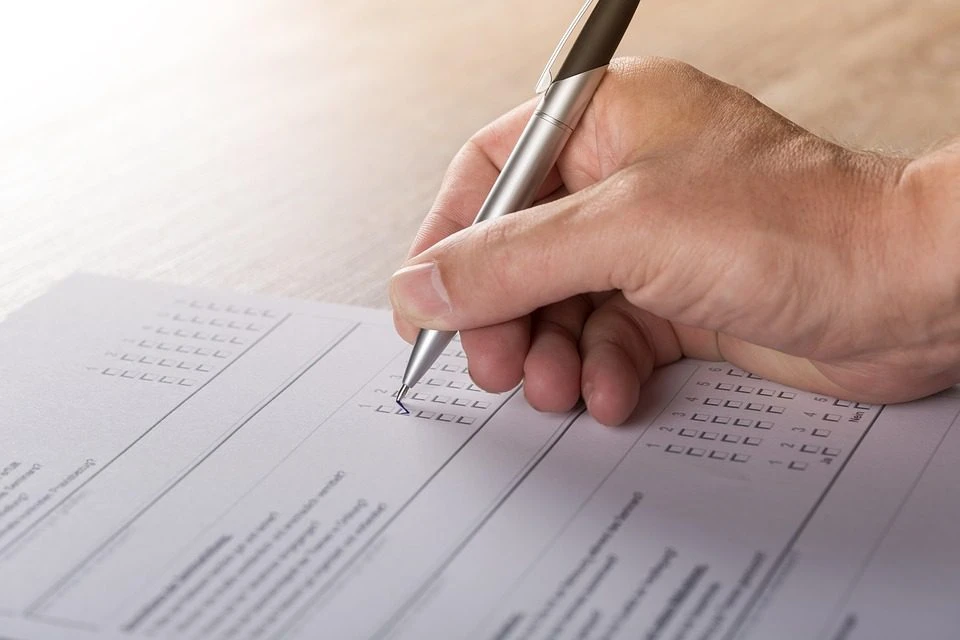GambleAware survey shows increase in percentage of problem gamblers seeking treatment

The second Annual GB Treatment and Support Survey was carried out by YouGov. It classed 2.4% of adults as ‘problem gamblers’, defined as “gamblers who gamble with negative consequences and a possible loss of control,” a similar figure to the first edition of the survey.
Nationally, the survey found that gambling participation overall has fallen. The proportion of non-gamblers has increased from 39% to 44%. The number of non-problem gamblers has decreased from 48% of the population to 44%, while the number of low-risk gamblers has reduced from 7.2% to 6.4%.
The moderate risk and problem gambler categories also saw small reductions in size, from 3.3% to 3.1%, and from 2.7% to 2.4% respectively, however GamleAware said these changes were not statistically significant.
The reported usage of treatment services increased from 43% to 53%, while use of support and advice was found to have increased from 39% to 48% of problem gamblers.
Use of mental health services rose from 12% to 19%, while the use of self-help apps or tools, including self-exclusion tools, increased from 9% to 14%.
Research into treatment, advice and support delivered remotely was also included, and found that 44% said it was better than accessing this in a face-to-face setting, while 38% said it was about the same.
Common reasons for saying online treatment was better than face-to-face included discretion, convenience, and finding sessions less overwhelming or embarrassing.
Among problem gamblers who have not accessed treatment, advice or support remotely or at all, 18% felt that the quality of online support would be worse for reasons including the inability to read body language or make eye contact.
Further, 16% reported they did not have a private space to engage in their treatment, and 14% reported that sharing devices with other people in the home would make accessing remote support difficult.
Barriers to seeking treatment, advice or support included concern around stigma, and the perception that services would be inaccessible.
In 2019, 45% of gamblers reported denial, for example not considering their gambling behaviour to be risky, to be a barrier to treatment. In 2020, this figure fell to 36%.
Of those surveyed, 59% of problem gamblers reported wanting some form of treatment, advice or support.
Motivations for seeking such services included knowing support was available via a particular channel, awareness of the ease of accessing support, and confirmation that treatment and support would be confidential.
Zoë Osmond, chief executive of GambleAware, said: “It is encouraging to see a year-on-year increase in those classified as ‘problem gamblers’ seeking help, especially during the pandemic. These results will be used to help inform GambleAware’s new commissioning strategy as we continue our work to increase provision of and access to services.”
“The significantly increased sample will allow GambleAware to better tailor existing support services according to local need and allow us to better support local authorities and health commissioners.”
Osmond was appointed in January this year, replacing former chief executive Marc Etches in the role.
The second Annual GB Treatment and Support survey was commissioned in November last year, to determine the barriers, take up and demand for treatment and support for gambling harms in Great Britain.
